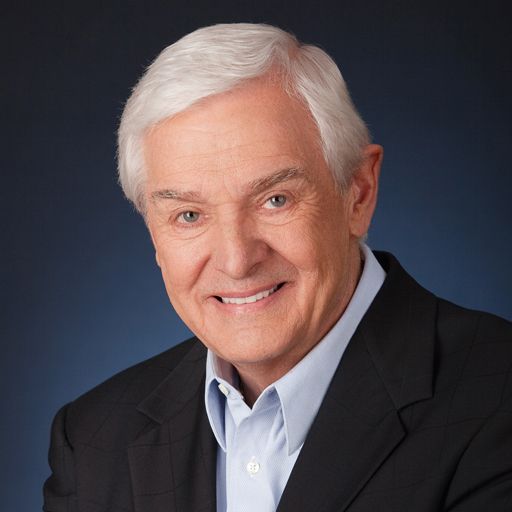The Benissimo (“I Am Fine”) Mask is uniquely Venetian, for Venice is famous not only for its canals and masks but also for its glassmakers. During the Middle Ages and Renaissance, the principal center of European glassmaking was the Venetian island of Murano. Great cathedrals across Europe adorn their windows and mosaics with the superb stained glass from Venice.
It isn’t surprising, then, that the stained glass mask was among the most popular on the city’s Grand Canal. People wearing the mask appeared religious when in fact they were perhaps nothing of the kind.
The Benissimo Mask is equally popular among American churchgoers. On the outside, we often give the appearance that all is well. “I’m fine,” we say if asked. “I attend a great church. I have a marvelous family. My job’s great.”
But beneath the mask is a heart that says, “Things are not all right. My marriage is rocky. My kids are drifting. I’m lapsing in hidden areas of my life. I don’t feel close to God. I’m hurting.”
Could you be wearing this mask? Are you giving others the impression you’re doing better than you really are?
We Need Honesty
Honesty and integrity are critical components of godliness. The Bible tells us to confess our sins to one another and to bear each other’s burdens. How can we do that if we don’t occasionally sit down with someone, honestly admit our failures, and seek prayer and help?
We Need Humility
That requires humility, of course—the willingness to “come clean” with another individual. Even the great apostle Paul felt a need to openly confess his sinfulness. Notice how his opinion of himself changed as time went by:
I am the least of the apostles—1 Corinthians 15:9
[I am] the least of all the saints—Ephesians 3:8
I am [the] chief [of sinners]—1 Timothy 1:15
It’s all right to say those things, and humility is the seedbed of spiritual growth.
We Need Help
The reason it’s all right is that honesty and humility cause us to admit we need help. We need a friend in whom we can confide. We need fellowship, accountability, and responsibility. The Christian life is never lived in isolation.
We need the help that comes from a circle of believers with whom we can share, pray, study Scripture, worship God, labor in the kingdom, and exercise the honesty and humility that helps us grow.
We Need Hope
We also need hope. No, you aren’t perfect—and neither am I. It’s important to admit our faults, but don’t fixate on them. Remember that God isn’t finished with us yet. Philippians 1:6 says that He who has begun a good work in us will carry it on to completion.
Don’t expect others to be perfect, either. In their song, “Stained Glass Masquerade,” the group, Casting Crowns, asks the question, “If I dared to let you see the truth behind the person that you imagine me to be, would your arms be open or would you walk away?”
I pray that our arms will be open to each other, for we all need the hope that comes from grace.
We Need Him
Most of all, we need Him. In his classic booklet, The Life That Wins, Dr. Charles Trumbull admitted going through a period when he felt his Christian experience was a failure.
Then one day Dr. Trumbull heard a speaker say twelve words that changed his life. At a conference, the preacher looked over the audience and said: The resources of the Christian life, my friends, are just—Jesus Christ.
“That was all,” said Trumbull. “But that was enough.” Trumbull realized the life of victory is one in which the Lord Jesus himself lives His life through us. When we keep our eyes on Him, practice His presence, let Him into every corner of our heart and mind, and love Him with ever-increasing love, the spiritual growth comes.
Not always neatly, but it comes.
Spirituality is sometimes messy, but better a mess than a masquerade. Jesus was real and authentic, and He wants His followers to be the same. A humble heart is worth more than all the Venetian glass in the world. And the gondola-topped waters of the Grand Canal can never compare with the river of life flowing through the heart of one who knows that the resources of the Christian life are just—Christ himself.
That is all—but that is enough.
####
Dr. Jeremiah is the founder and host of Turning Point for God and senior pastor of
Shadow Mountain Community Church in El Cajon, California.
For more information on Turning Point, go to
www.DavidJeremiah.org.






